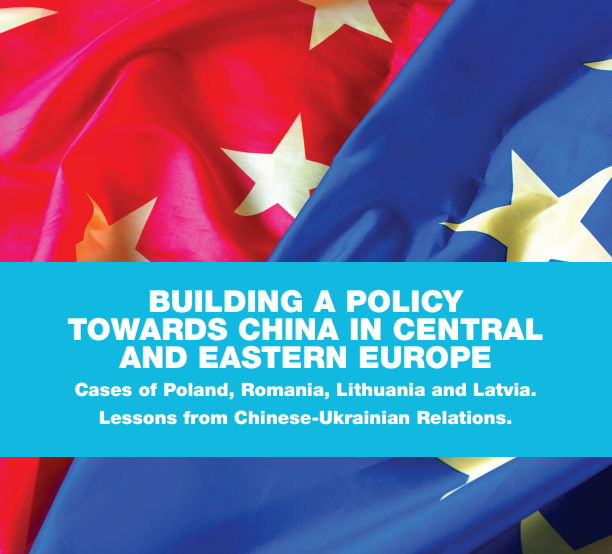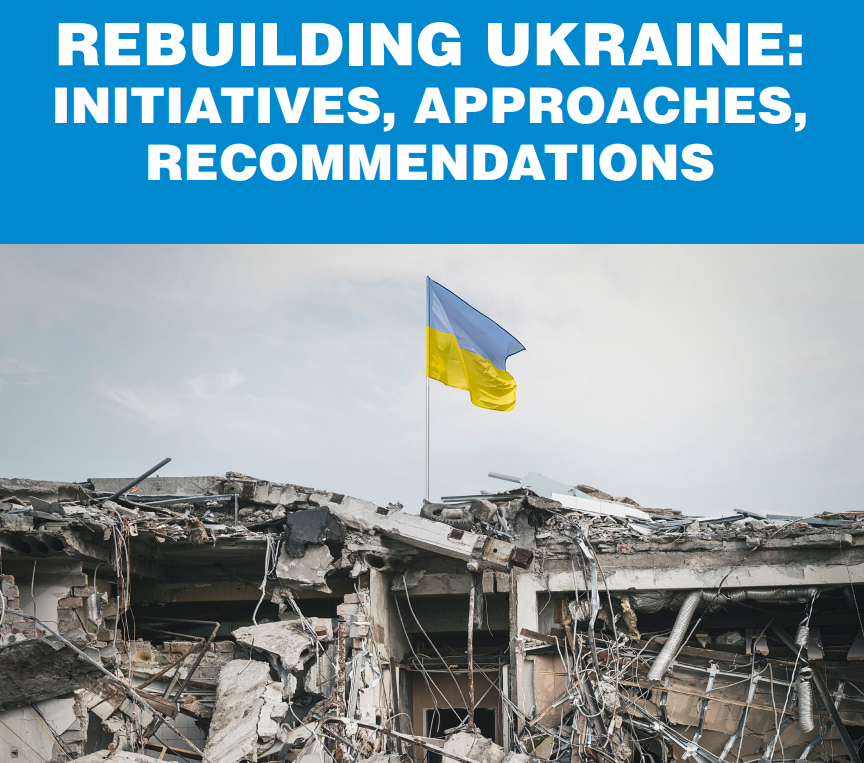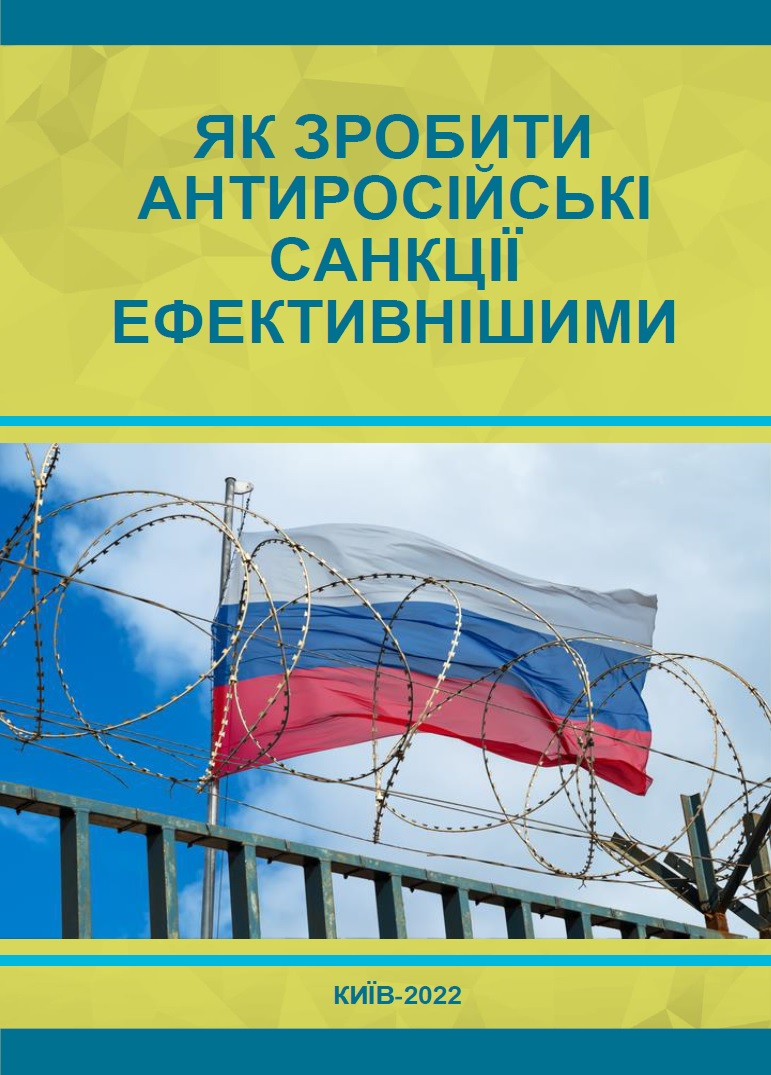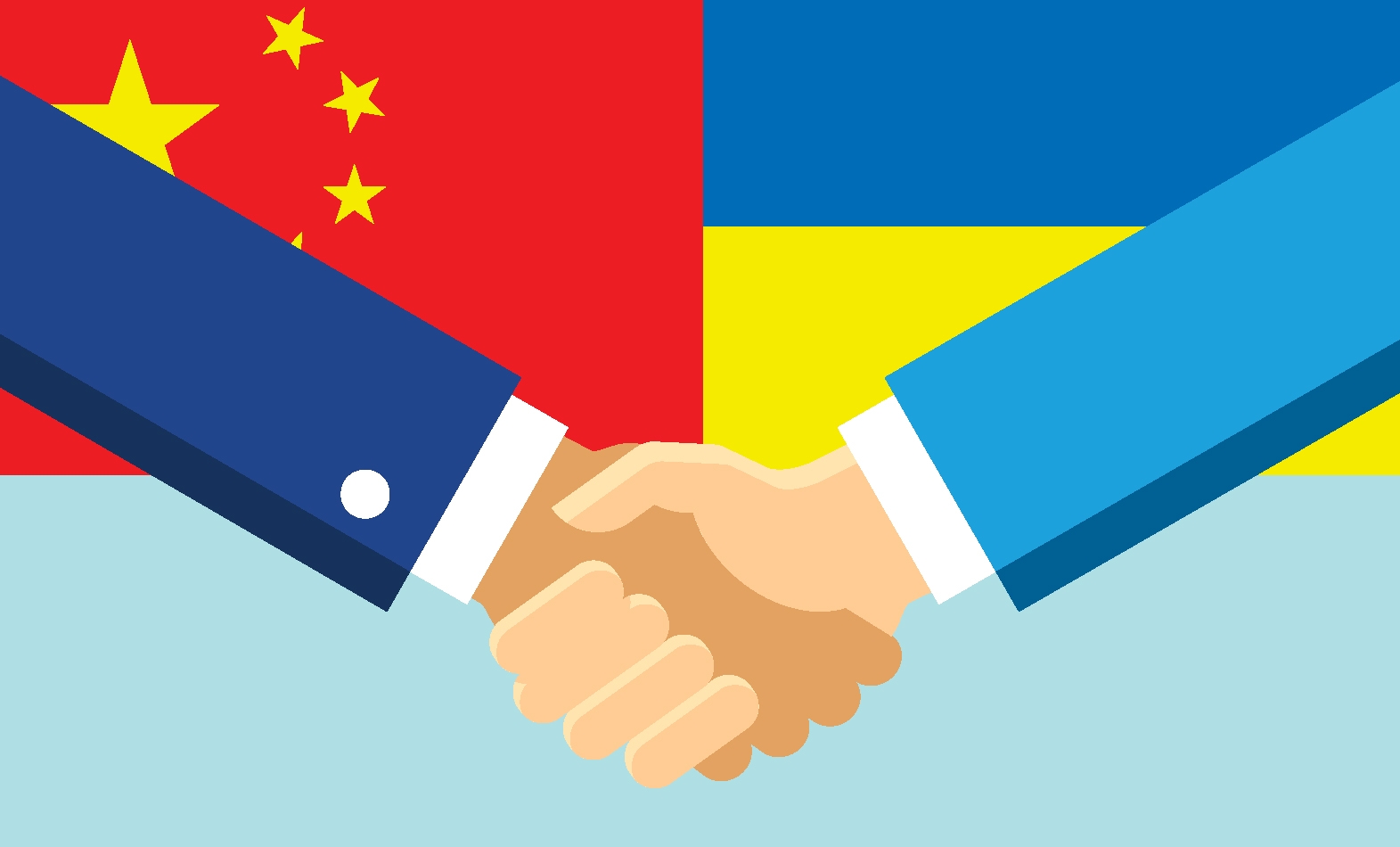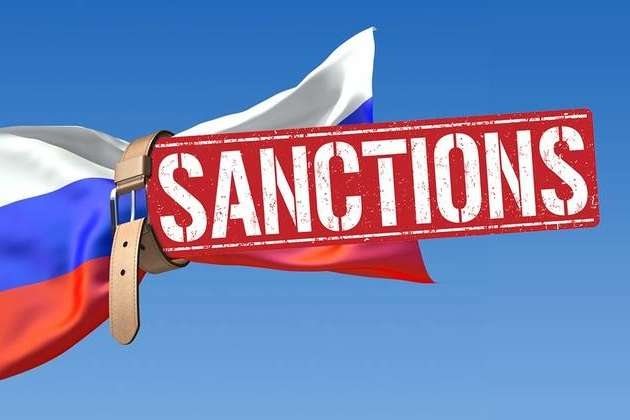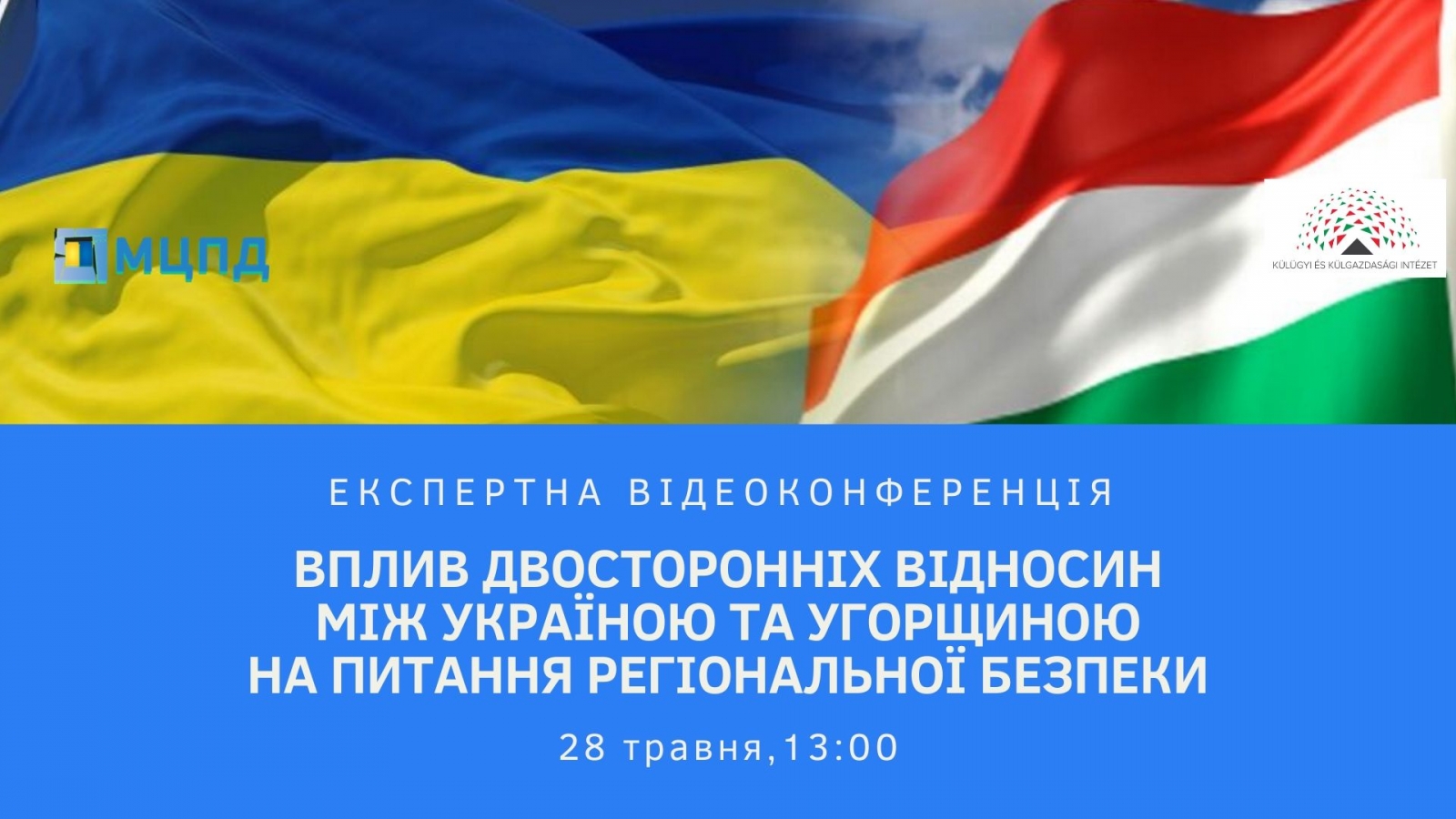The essence of the Azov crisis lies in the fact that the developments demonstrated fragility of the current ceasefire between Ukraine and the Russian Federation, as well as a huge lack of trust from the Ukrainian society to the current country’s leadership. The situation which evolved in the Ukrainian-Russian conflict and the region in general continues to contain a huge explosive potential which, if combined with several circumstances, can lead to the restoration of a full-fledged conflict. The Ukrainian leadership not only failed to develop an effective defense system or a conflict settlement concept over the past five years, but lost a trust credit, which the society gave to it five years ago.
Under these circumstances, any radical change either in the Ukraine-Russia relations, or in the Ukrainian internal politics can lead to destabilization which was possible to be observed on November 25-26, 2018. All the parties should adhere to maximum restraint in rhetoric and action, and the resumption of a peace settlement process or adoption of internal decisions in that regard is possible only after the reboot of power in March 2019.
Introduction
On November, 26th, the Ukrainian Parliament approved martial law, suggested by the President of Ukraine following the recommendations of the National Security and Defense Council.
Initially recommendations of the NSDC and the President’s decree were about introducing martial law for the period of 60 days on the whole territory of Ukraine. The decree had to be approved by the Parliament, where a number of fractions expressed concerns over possible postponement of the presidential elections, scheduled for March, 31st, 2019. Tough negotiations over the issue resulted in a modified version of the Presidential decree, approved by the majority of 276 members of Parliament: martial law will be introduced starting November, 28th, for a period of 30 days in ten regions of Ukraine, bordering Russia and Trasnistrian part of Moldova. Presidential elections would be held on March, 31st, 2019.
The Azov Crisis
These events followed the incident near the Kerch Strait a day before, when Russia attacked and later seized three Ukrainian vessels, capturing 23 crew members; six of them have been wounded.
Ukrainian ships have been heading to Mariupol from Odesa. The transfer has been reported to the Russian authorities beforehand to arrange the passing through the strait, currently dominated by the Crimean bridge recently constructed by the Russian side – of course, against the norms of international law. It should be noted, that back in September two Ukrainian ships have already passed through the Kerch Strait, staying at a distance of 12 miles from the shore according to Russian statements.
During the transfer on November, 25th, Russia has blocked the movement of the ships; subsequently ‘Yany Kapu’ tugboat of the Ukrainian Navy has been rammed by the Russian sea tugboat ‘Don’. Later on Russian combat helicopters Alligator K-52 approached the Ukrainian ships, while the movement under the bridge has been blocked by a tanker. Russian side has demanded Ukrainian ships to stop further movement and warned of possible use of weapons. When Ukrainian ships left a 12-mile zone around Crimea heading back to Odesa, Russian ships opened fire, injuring crew members and damaging the ships; and eventually captured them.
Legal Assessment
By openly using weapons against Ukrainian ships Russia violated a number of international norms and agreements, in particular UN Charter and the Convention on the Law of the Sea.
Given that according to international law, Crimea is a part of Ukrainian territory, in no way Ukraine violated anything: its ships have been moving in its territorial waters and/or exclusive economic zone. Russian claims that Ukrainian ships violated Russian border have no sense. According to international law, Russia has attacked Ukrainian ships in Ukrainian waters, which is an act of aggression.
At the same time, there’s an obvious discrepancy between legal principles and situation at hand, caused by Russian occupation of Crimea. Formally Ukrainian ships have an unquestionable right to move in Ukraine’s sovereign waters, but in fact these waters are under Russian control. The same applies to Ukrainian army units if they decide to travel to Donetsk. One can’t just follow formal procedure, since the risk of escalation is unacceptably high. Moreover, situation in Donbas has been regulated by the UN SC Resolution 2202, which framed the Minsk-2 agreement and limits Ukrainian Army’s freedom to maneuver. Anything like this is absent for Crimea and Kerch Strait. Thus only Russia violated the norms of international law, but while we will be accusing Moscow in violating international law, Moscow will be accusing us in violating its territory.
There’s a bilateral Treaty for Cooperation in Utilizing the Azov Sea and the Kerch Strait between Ukraine and Russia, singed in 2003 – another Treaty violated by Russia. Free passage of the Kerch Strait is guaranteed by this Agreement, according to which the Azov Sea and the Kerch Strait are shared territorial waters. The Treaty is still valid, although it has lost most of its sense following the occupation of the Crimea and non-prolongation of the “Big Treaty” between Ukraine and Russia.
International Reaction
A meeting of the UN Security Council has been convened on November, 26th. Agenda offered by Russia has been rejected, as was the Russia’s arguments about Ukrainian ships violating Russia’s state border. The US, the Great Britain, France, Germany, Poland, Sweden, and the Netherlands expressed their support for Ukraine. At the same time China, Cote-d’Ivoire, Kazakhstan, Bolivia, Peru, Kuwait, Ethiopia, and Equatorial Guinea refrained from putting blame on Russian and called for both parties to avoid escalation.
Before the attack on Ukrainian vessels Lithuanian Foreign Ministry strongly condemned blocking of the Kerch Strait by Russia and ramming the Ukrainian ships, calling it the act of aggression. Later Estonia joined the condemnation of Russia’s attack on Ukrainian ships and called on release of the ships. Latvian Foreign Ministry called for international community to condemn the attack.
NATO urged Russia to open access to Ukrainian ports and called for restraint. The EU also demanded Russia to restore freedom of passage at the Kerch Strait and urged both countries to act with utmost restraint – a phrase which raised so many questions and critical remarks in Ukraine. Secretary General of the Council of Europe outlined the importance of avoiding escalation.
Canada and Poland also condemned Russia’s aggressive actions.
Implications
The crisis indicated constant presence of a high risk of possible escalation around the Kerch Strait. Legal and political implications of occupation of Crimea by Russia are going to accumulate and generate regional instability even in relatively simple cases.
Politically Ukraine has got a better position: Russia is responsible according to international law. However, opportunities to hold Moscow responsible are not huge. The issue is most likely going to get back to possible expansion of the sanctions, which would hardly be an effective measure. A better political position of Ukraine is still to be converted into bargaining power.
Ukraine will also face some questions, for instance the one about the aim of sending military ships to waters heavily controlled by an aggressive neighbor. International support will largely depend on the level of trust to Ukraine.
If Ukraine fails to provide its Western partners with clear and understandable explanations on the purposes and plans of the Ukrainian military, it will not play in favour of Ukraine in terms of its perception as a predictable partner. That is why the Ukrainian leadership now has to make good efforts to ensure that both international partners and Ukrainians believe that the recent decisions are not political intrigues, but indeed a part of a well-developed strategy of defending the Ukrainian sovereignty. If such arguments are not provided, it will be extremely complicated to keep the trust, and the suspicions on internal political motives will only intensify.
Introduction of martial law in Ukraine triggered fears of significant limitations of freedoms and possible postponement of presidential elections. Partly they’ve been dismissed by amendments into Presidential order, but it still remains to be seen how the provisions of the Law will be used.
Economic aspect
The approval of the martial law has become a precedent for Ukraine and the Ukrainian economy. Therefore, it is very difficult to predict the economic consequences under current realities.
In general, it is possible to say that such situation has an internal and external aspect. The government can somehow influence the situation inside the country and may try to assure that the economy will not "suffer" (the main idea is to prevent panic), however it will not be able to influence the external factors. They may include the following:
1) Investment attractiveness will decrease: none of the investors will risk investing in a country that will give preferences only to military priorities, where there is a risk of alienation of property and deepening the relation problems of with our neighbor. However, the level of investments was not so high. The credit rating will fall with all the consequences.
2) Regarding the relations with the IMF, the martial law may, on the contrary, push the Fund to a more substantial support of Ukraine. Under positive scenario, it may lead to the Stand-by program. However, this program will show that the country really has serious problems with the economy. That will shake expectations of investors.
3) The attitude of the Russian Federation. Russia can "ignore" the situation, or may increase the pressure on Ukraine. In particular, after the official announcement of a martial law, restrictions on the movement of capital from Russia (and vice versa) may occur, the Azov ports may be blocked (under negative scenario): if the conflict intensifies, this may be reflected on the economic activity in the waters of the Azov Sea. Under full blockade, ports will lose up to $ 2 billion.
The problem is that in case the martial law is introduced declaratively ("verbally"), then the economy will not be endangered. In case it is not declarative, then the economy can suffer from losses: the feasibility of such measures is doubtful, especially now. First and foremost, the government and the country must be economically prepared and ready to introduce such a law, rather than "it somehow will happen." Over the past four years, the government has not been able to lobby the interests, negotiate with Western partners and create an airbag that could minimize negative consequences in the event of a further deterioration of the situation.
This implies Ukraine's dependence on mineral fertilizers and nuclear fuel for the NPP from Russia (30-40%): in case of the worst case scenario, the Russian Federation can stop the exports of these commodities and eventually our raw material economy will collapse. Ukraine did not establish the import substitution from our European partners.
The martial law in the adopted form (some kind of hybrid version: it seems that nothing is limited according to official rhetoric) causes a lot of questions. It is not clear what exactly it changes and why it was adopted. It seems that the main goal, apart from checking the political "ability" to push the decisions, while changing them “on the go”, can still shield an attempt to attract the attention of the world community and the additional “transferring” of all the economic problems to external factors.
Conclusion
The developments with the Ukrainian ships in the Kerch Strait and the following consideration of the martial law introduction in the Ukrainian parliament demonstrated:
- huge level of distrust of the Ukrainian society to the current authorities. The idea on martial law introduction was perceived as a step for achieving political or business goals of the current country’s leadership, but not as a step towards the country’s defence. Martial law became synonymous to a direct threat of authoritarianism and human rights violation for various groups of political establishment, experts, media and the society. The country’s leadership has repeatedly used a threat of Russian attack to cover their illicit acts and the martial law initiative was perceived as a new game element, but not as a real step on protecting the national interests. Such initiatives are possible only if there is a significant level of trust to the authorities, thus, are possible only after the conduction of elections, i.e. the reboot of power is the only legitimate solution to the current crisis.
- demonstration of helplessness. From a legal point of view, the Ukrainian side has not violated anything and acted according to the law. But the decision to plan and conduct such an operation in the Kerch Strait on the fifth year of de-facto war without consideration of all risks and threats raises additional questions. The crisis demonstrated helplessness in front of a real challenge, for which the Ukrainian military have to ‘pay off’ now.
- lack of a strategic planning and systemic vision of the conflict settlement. Unfortunately, now one can observe only tactical calculations with short-term goals without any effective proposals on leading the country out of the current conflict deadlock. The introduction of martial law and shifting the economy and state governance into ‘military mode’ had to be done back in 2014 as nowadays it is unlikely to significantly contribute to improving the current situation.
ICPS experts researched the question of building a policy towards China in Central and Eastern Europe
ICPS has prepared an analytical study focused on the evolution of China's regional policy in Central and Eastern Europe, as well as recommendations for developing policies towards China in the region. The "One Belt, One Road" initiative has become a key tool for promoting China's geopolitical interests and implementing its grand strategy aimed at changing the existing international order. This global initiative encompasses transportation, logistics, trade, and investment projects, promoting China's transition to a new level of influence and responsibility. Europe plays an important role in this. The European market is a natural "center of gravity" for China's export-oriented economy; Beijing seeks to build strong cooperation with Europe based on active trade and interdependence. China, in its turn, is also an important trading and economic partner for Europe. Central and Eastern European countries (CEE) have in some sense become "gateway" to Europe for China. Seeking to deepen relations with them and involve in its own infrastructure projects, China has developed and implemented a regional policy within the framework of the "14+1" initiative (previously "16+1" and "17+1"), as well as on a bilateral level. This Chinese activity has elicited ambiguous reactions both among participating states and among other EU members. Russia's invasion of Ukraine has brought new problems to the agenda and significantly weakened China's position in Europe, particularly in the CEE. Political and security issues have taken priority over trade and infrastructure. The ongoing war has forced both China and countries of the region to adjust their perceptions and policies towards each other. The most vivid trends and problematic issues are examined in the paper utilizing the experience of Poland, Romania, Lithuania, and Latvia. Taking also into account Ukraine's experience in building relations with China, recommendations are provided for the main elements of CEE's policies towards China. More information can be found at the following link: https://icps.com.ua/en/our-projects/publications/building-a-policy-towards-china-in-central-and-eastern-europe/
What are the main problems of reconstruction plans for Ukraine and what are the ways to solve them: experts provided recommendations
International Centre for Policy Studies has presented the document "REBUILDING UKRAINE: INITIATIVES, APPROACHES, RECOMMENDATIONS", which analyzed different aspects of the future reconstruction process for Ukraine. According to various estimates Ukraine's total losses resulting from Russian aggression at the end of 2022 constituted around 700 billion US dollars. This amount has been increasing every day of Russian attacks and bombardments targeting civilian infrastructure and killing innocent people. The international community recognizes the need to finance reconstruction of Ukraine. There have been many international conferences, expert studies and discussions on that. However, there is currently no consensus on sources or tools for Ukraine's rebuilding projects, no agreed overall concept of how the process will be conducted and implemented. Meanwhile, needs of Ukraine for reconstruction are urgent and vital to keep country viable and able to withstand Russian continuing aggression. This necessitates an in-depth study of the issue as well as public and expert discussions to suggest appropriate decisions. In this paper the International Center of Policy Studies examines existing international experience of post-war reconstruction with a special attention to good examples, which can be used by Ukraine. Existing initiatives regarding the reconstruction of Ukraine are analyzed with a focus on new ideas and recommendations, which can be used in this process. The study intends to contribute to current expert discussions in Ukraine and among our partners on reconstruction of the country during and after the war. You can read/download the ICPS publication "REBUILDING UKRAINE: INITIATIVES, APPROACHES, RECOMMENDATIONS " by following the link: https://icps.com.ua/en/our-projects/publications/rebuilding-ukraine-initiatives-approaches-recommendations/
How to make sanctions more effective: ICPS analysts offered new ideas
International Centre for Policy Studies has presented the document "How to make anti-Russian sanctions more effective", which analyzed the gaps in the sanctions policy. It is noted that the international community has adopted seven packages of sanctions against Russia since its full-scale invasion of Ukraine in 2022. Over 50 countries have in some form joined the sanctions regime. Some states, such as Israel and China, don't adopt sanctions but block potential ways for Russia to evade their effect. Mainly, it is the developing countries that don't implement the sanctions regime, while the collective West is decisive and united in its exploit of the tool. Akin to 2014 and after, sanctions constitute a complex mechanism of selective action. They are not absolute but rather operate in different sectors and against particular individuals or legal entities. In addition to sectoral sanctions, diplomatic and visa restrictions are in place. At the same time, to make the sanctions more effective, the international community should fill the gaps that allow for a selective designation of Russian oligarchs and politicians. It requires a systemic analysis and monitoring aimed at finding these gaps, then sanctioning the individuals who had avoided personal sanctions. Accordingly, this document contains not only an analysis of the sanctions policy, but also recommendations for minimizing its gaps. You can read/download the ICPS publication "How to make anti-Russian sanctions more effective" by following the link: https://icps.com.ua/en/our-projects/publications/how-to-make-anti-russian-sanctions-more-effective/
SINO-UKRAINIAN RELATIONS: RESEARCH PAPER
In context of the ICPS' latest project on monitoring foreign economic relations, ICPS experts have conducted extensive research, round table debates and in-depth analysis of the current status of Sino-Ukrainian relations. China's political interest and economic investments in Ukraine has risen exponentially since the announcement of the One Belt One Road Initiative, yet is Ukraine ready for intensifying bilateral relations with such a world power? For more details, read the ICPS' latest study.
Austrian experts and diplomats discussed ICPS study “Sanctions against Russia”
Sanctions must remain a key instrument of pressure on Russia to restore Ukraine's sovereignty and territorial integrity. This conclusion was reached by Ukrainian and Austrian foreign policy experts during expert discussion of the ICPS study “Sanctions against Russia: current state, prospects, successes and gaps of the multilateral international sanctions regime against Russian Federation”, which took place on Tuesday, June 3, in the format of online discussion. About 40 Austrian and Ukrainian diplomats, analysts and foreign policy experts took part in online discussion “Sanctions against Russia: are they still effective?”, organized by ICPS in conjunction with the International Institute for Peace (IIP, Vienna) with the support of the International Renaissance Foundation. The speakers were Hannes Swoboda, President of the International Institute for Peace (IIP), Peter Havlik, expert at the Vienna Institute for International Economic Studies, Anastasia Galushka, ICPS expert in international law and human rights and Mykola Kapitonenko, ICPS associate expert. The participants of discussion stressed the need to continue sanctions against Russia, as Russia's actions in Ukraine are a challenge not only for our country, but for the entire international community which is why they must receive a joint coordinated response. “Sanctions, as a tool “between wars and words”, remain the only way to put pressure on Russia's foreign policy while limiting its destructive potential for international security,” ICPS expert in international law and human rights Anastasia Galushka said. According to Mykola Kapitonenko, combination of different types of sanctions will allow for a more systemic impact on Russian policy; while the procedure of their periodic extension will signal the dependence of sanctions pressure on specific changes in the behavior of the Russian Federation. It should be noted that earlier ICPS experts presented the study “Sanctions against Russia” in the United States, Estonia, Belgium, Italy and Poland. You could download and read ICPS study “Sanctions against Russia” via the link: https://cutt.ly/orQ0PGd
ICPS conducted a video conference on bilateral relations between Ukraine and Hungary
On Thursday, May 28, the International Centre for Policy Studies (ICPS) and the Institute for Foreign Affairs and Trade (Hungary) initiated an expert video conference on “Impact of Bilateral Relations between Ukraine and Hungary on Regional Security”. The online event was part of the project “Ukraine-Hungary: Towards Understanding” with the support of the Institute for Foreign Affairs and Trade. During the video conference, the participants discussed the state and prospects of relations between Ukraine and Hungary in the context of regional security, Hungary's role in Ukraine-NATO relations, the impact of the Russian conflict on Ukrainian-Hungarian relations and regional security. The event was attended by several dozen experts, including Christina Murphy, Deputy Head of Mission, Hungarian Embassy in Ukraine, Georgy Ilyash, research fellow at the Institute for Foreign Affairs and Trade (Hungary), Mykola Kapitonenko, ICPS Expert on Foreign Policy, Dmytro Tuzhansky, political scientist, expert on Ukrainian-Hungarian relations, Anastasia Galushka, ICPS expert on foreign policy and international law. “Relations between Hungary and Ukraine still remain in a well-known deadlock,” Mykola Kapitonenko said. - Minor shifts in recent months, firstly, do not fully meet the expectations that arose after the victory of Volodymyr Zelensky in the presidential election, and, secondly, according to Budapest, do not solve the key problem of narrowing the rights Hungarians in Ukraine”. According to him, the rapid development of events in the region pushes our countries to cooperation. Against the backdrop of the coronavirus pandemic, a bilateral agreement on health cooperation was signed, a corridor was set up in Hungary for Ukrainians to return home, and new formats of governmental remote communication were tested. “The usual agenda, dominated by the Russian threat, retaliation by NATO and the lack of democracy, is giving way to the challenges of pandemic,” Mykola Kapitonenko said. - In addition to those directly related to human health, these are problems that have already been or will be caused by the economic recession and the growing demand for security among citizens. Together, they change the way states communicate and perceive each other. Borders and various barriers are being partially restored, selfishness is growing, and political decisions are returning to the usual national level.” Anastasia Galushka drew attention to the controversial law on education which provoked numerous discussions at the political and professional levels. “It can hardly be argued that citizens living in Ukraine should know the state language of the country, and that this law can only be seen as an advantage for members of national minorities,” ICPS expert said. “However, implement the law in practice was much harder than expected.” According to her, the Venice Commission also addressed this issue and formulated some principles, stating that knowledge of the official language of the state is a factor of social cohesion and integration, and it is legitimate for states to promote their language and call for the state language to be the language of education for all. “Ukraine and Hungary are part of a single region, establishing cooperation and maintaining a common consensus could significantly expand the capabilities of both countries,” Anastasia Galushka added. - This would control the level of escalation of the conflict. The regional context can open new horizons for both states, take them out of the circular discussion and focus only on current problems. A full-fledged strategic partnership is still a long way off, but at least the current crisis can be overcome.”


